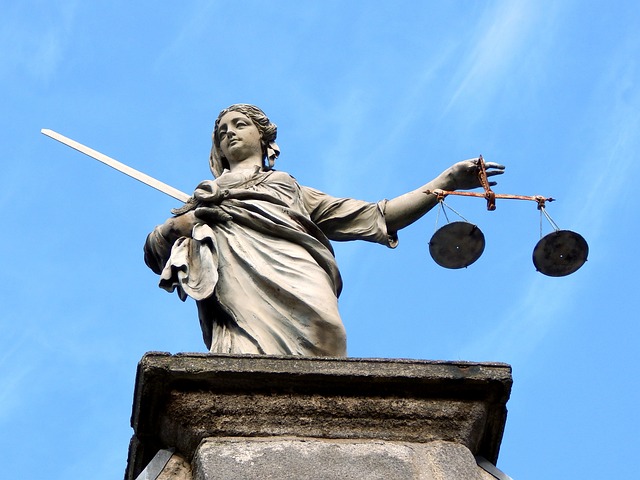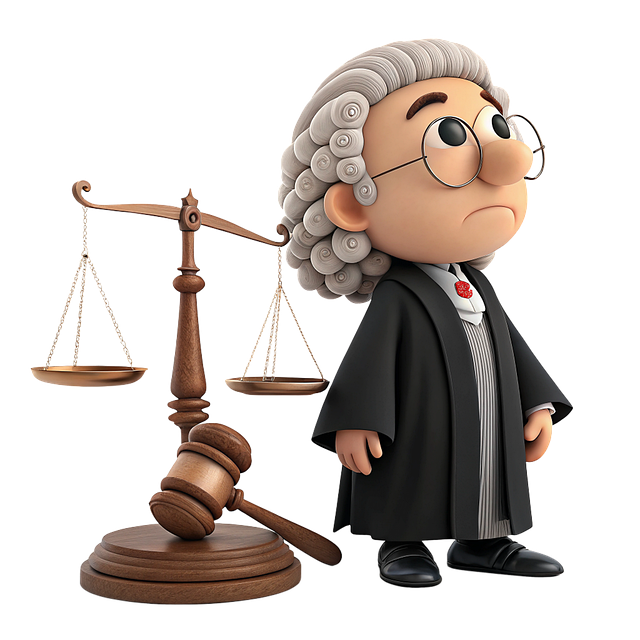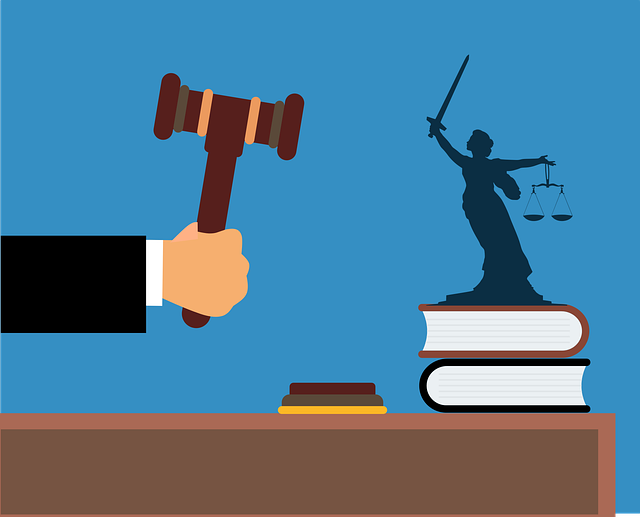Public corruption charges involve illegal activities by public officials seeking personal gain, with variations across jurisdictions. Defending against these accusations is complex, requiring strategic legal approaches like challenging evidence admissibility and proving lack of intent. Global efforts, led by agreements like the UNCAC, aim to deter, detect, and punish corrupt practices through fair trials and legal counsel. Case studies show that a blend of legal strategies, including jury trials and persuasive arguments, can lead to successful defenses in public corruption cases, offering valuable insights for those facing drug possession accusations via tailored legal approaches.
“Uncovering the intricate web of public corruption charges, this comprehensive article guides readers through the complex landscape of international and national legal frameworks. We explore the definitions and common schemes behind these charges, providing insights into strategies for defense.
From understanding legal tools to analyzing successful case studies, we unravel the challenges faced when defending against corruption accusations. Discover effective approaches, learning from real-world examples, offering valuable knowledge for those navigating the legal complexities of drug possession cases with a focus on public integrity.”
- Understanding Public Corruption Charges: Definitions and Common Schemes
- Legal Frameworks: International and National Laws Against Corruption
- Building a Defense Strategy: Challenges and Legal Tools
- Case Studies: Successful Defenses and Their Implications
Understanding Public Corruption Charges: Definitions and Common Schemes

Public Corruption Charges refer to a wide range of illicit activities involving public officials who abuse their power for personal gain. These can include bribery, fraud, and misuse of public funds. Understanding the specific definition is crucial as it varies across jurisdictions. Generally, it involves any action where a public servant, such as a government official or politician, engages in unethical behavior to obtain financial benefits or advantages not available to the general public.
Common schemes involve soliciting or accepting bribes for influencing decisions, misappropriation of public funds for personal use, and engaging in conflicts of interest. Legal Approaches for Defending against these charges can be complex. Strategies may include challenging the evidence’s admissibility, proving lack of intent, or demonstrating that actions were not illegal under the specific laws of the jurisdiction. Across the country, defendants facing public corruption charges often seek to avoid indictment and strive for a complete dismissal of all charges through robust legal defenses tailored to their unique cases.
Legal Frameworks: International and National Laws Against Corruption

The fight against public corruption has been a global endeavor, reflected in a robust legal framework that spans international and national levels. International laws, such as those established by organizations like the United Nations Convention Against Corruption (UNCAC), set broad standards for member states to combat corrupt practices and promote transparency. These treaties provide a foundation for cooperation among nations, enabling them to share information and harmonize their anti-corruption efforts.
Nationally, various legal approaches for defending against public corruption charges are in place across the country. From stringent regulations that govern public sector operations to robust judicial systems designed to ensure fair trials, these measures aim to deter, detect, and penalize corrupt behavior. The right to a fair trial, including the presentation of evidence and cross-examination during jury trials, is paramount for defendants facing corruption charges. For his clients, having access to legal counsel experienced in navigating these complex laws is crucial in mounting an effective defense and upholding their rights within this intricate web of legal approaches.
Building a Defense Strategy: Challenges and Legal Tools

Building a robust defense strategy against public corruption charges is an intricate task that demands a deep understanding of legal approaches tailored to such complex cases. One of the primary challenges for defendants facing these allegations is navigating all stages of the investigative and enforcement process while ensuring their rights are protected. This includes meticulous planning to avoid indictment, which often serves as a significant milestone in any prosecution.
Legal professionals specializing in this field employ various tools to safeguard their clients’ interests. They carefully analyze the evidence, challenge its admissibility, and scrutinize the procedures leading up to the charges. Strategic legal approaches for defending against public corruption involve examining the intent behind actions, questioning the integrity of sources and methods, and highlighting procedural irregularities. These tactics aim to present a compelling defense, ensuring that justice is served while protecting the rights of those accused.
Case Studies: Successful Defenses and Their Implications

In the realm of public corruption charges, case studies offer valuable insights into successful defenses and their implications. Examination of these cases reveals that a strategic combination of legal approaches can lead to winning challenging defense verdicts. For instance, effective counseling and robust cross-examination tactics have proven instrumental in achieving extraordinary results for those facing such accusations.
Jury trials play a pivotal role here, as they provide an opportunity to present nuanced defenses and counter the prosecution’s narrative. Through meticulous preparation, compelling witness testimonies, and persuasive legal arguments, defendants can challenge the evidence and ultimately sway the jury’s decision. These successful defenses underscore the importance of tailored legal strategies in navigating complex corruption cases.
In navigating the complex landscape of public corruption charges, understanding both the definitional and schematical aspects is key. International and national legal frameworks offer a robust arsenal of tools to combat corruption, with various legal approaches available for defense strategies. By studying successful defenses in case studies, individuals and entities can gain valuable insights into mitigating charges and fostering transparency. Embracing legal approaches tailored to public corruption cases is essential for upholding justice and ensuring fair proceedings in today’s digital era.






